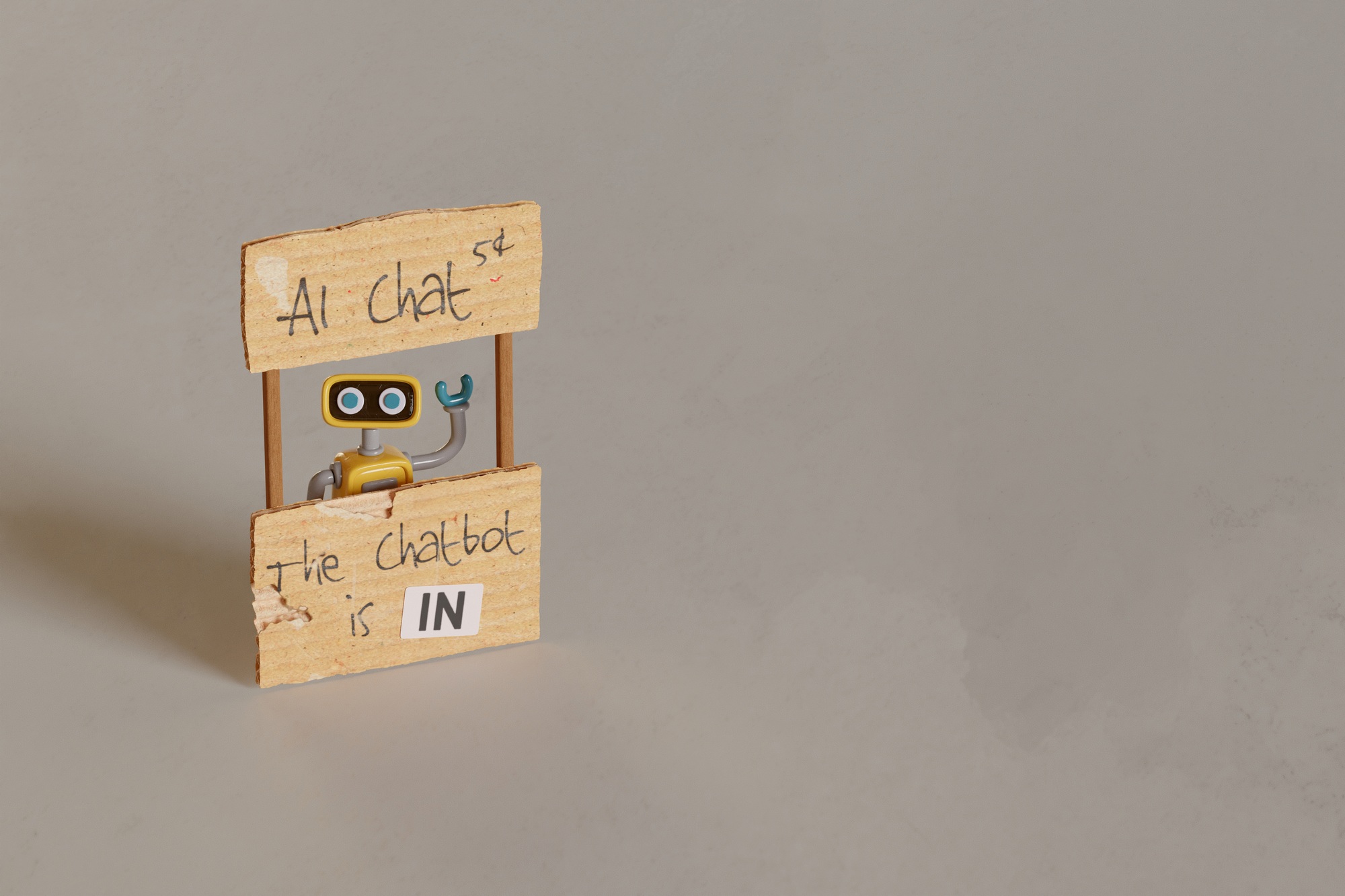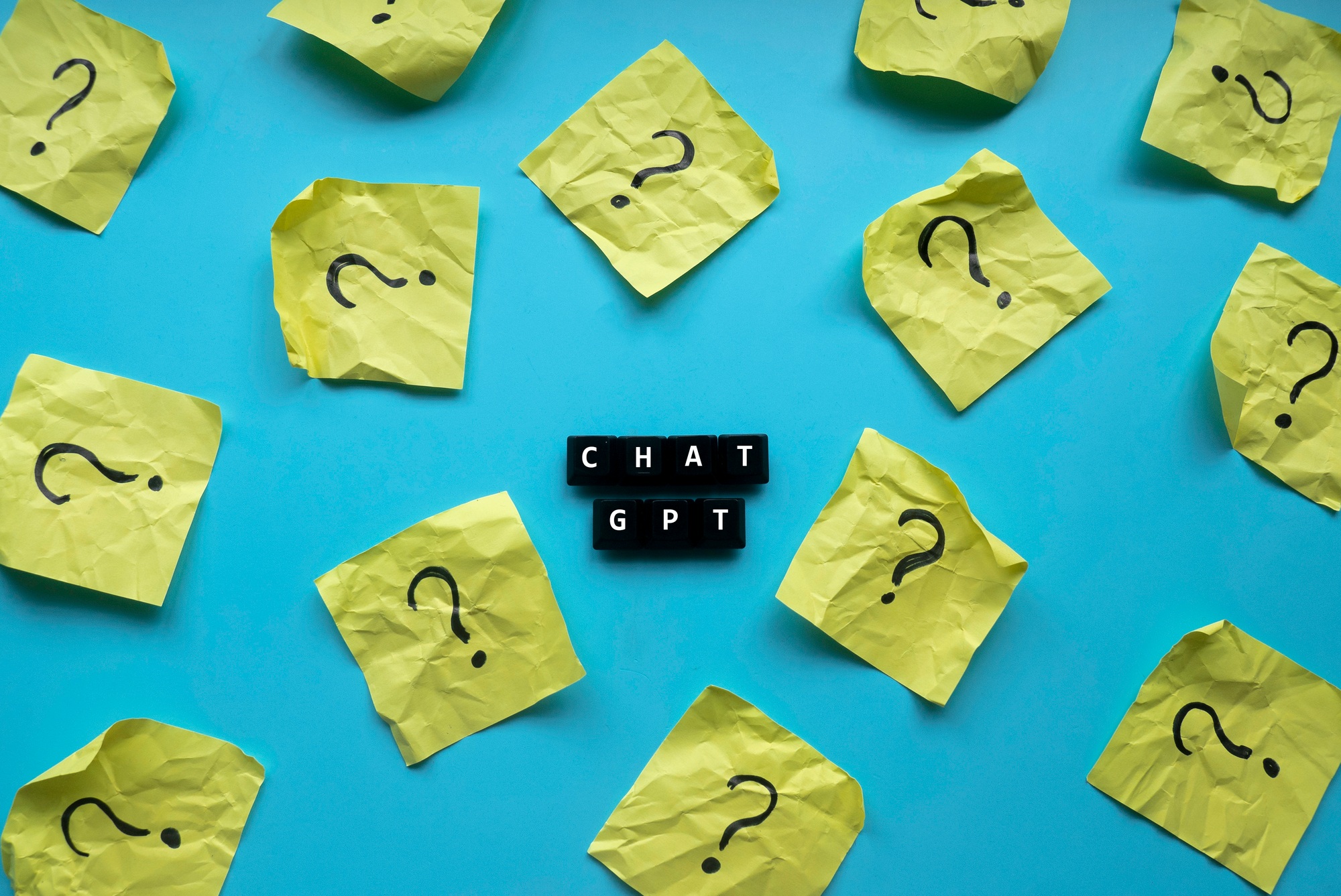Key Takeaways

- Understanding ChatGPT: ChatGPT is a powerful language model developed by OpenAI that enables natural language interactions with AI, making communication with technology more human-like and accessible.
- Applications for Small Businesses: Businesses can utilize ChatGPT to enhance customer service through automated responses, generate unique marketing content, and personalize e-commerce experiences, driving efficiency and productivity.
- Operational Efficiency: Integrating ChatGPT streamlines communication, reduces labor costs through automation, and offers 24/7 customer support, enhancing overall user satisfaction and business performance.
- Limitations and Ethical Considerations: While useful, ChatGPT has limitations such as performance challenges and potential to produce biased content; businesses must establish guidelines for ethical use and ensure reliable fallback protocols.
- Future Potential: As AI technology advances, ChatGPT is expected to improve in providing contextually relevant responses, greater customization, and better integration with other digital tools, paving the way for smarter business operations.
In today’s digital landscape, artificial intelligence is transforming the way we communicate and interact with technology. One of the most exciting advancements is ChatGPT, a powerful language model developed by OpenAI. It’s designed to understand and generate human-like text, making conversations with machines feel more natural than ever.
Whether you’re seeking information, brainstorming ideas, or just having a chat, ChatGPT can assist you in countless ways. By harnessing the power of machine learning, it’s capable of providing relevant responses tailored to your needs. As AI continues to evolve, understanding tools like ChatGPT can enhance your daily life and open up new possibilities for creativity and productivity.
Overview of ChatGPT

ChatGPT, developed by OpenAI, represents a significant advancement in artificial intelligence technology. This language model generates human-like text, allowing for more natural interactions between users and machines.
Small businesses can leverage ChatGPT for various applications. You can use it to enhance customer service through automated responses, providing quick answers to inquiries. ChatGPT also assists in brainstorming content ideas, enabling you to generate unique marketing materials or social media posts efficiently.
The versatility of ChatGPT makes it a valuable tool for small business owners, as it improves productivity and fosters creativity. By integrating ChatGPT into your daily operations, you embrace modern technology that streamlines communication and enhances overall efficiency in your business practices.
How ChatGPT Works

ChatGPT operates using advanced technology that transforms how you interact with AI. Understanding its inner workings provides insight into how it can enhance your small business operations.
Underlying Technology
ChatGPT is based on generative AI, specifically a model called Generative Pre-trained Transformer (GPT). This technology allows ChatGPT to understand and generate human-like text. It employs natural language processing (NLP) to interpret user prompts, creating coherent and contextually relevant responses. As a small business, you can use this tech to automate customer inquiries and provide support round-the-clock.
Training Process
Training involves exposing ChatGPT to vast amounts of text data, allowing it to learn language patterns, context, and various expressions. OpenAI’s methodology emphasizes unsupervised learning, where the model learns to predict the next word in a sentence. This training equips ChatGPT to handle diverse topics and generate responses that meet your needs. Small businesses benefit from this adaptability, as it enables you to customize interactions based on your specific audience and requirements.
Applications of ChatGPT

ChatGPT offers diverse applications that can significantly benefit small businesses by enhancing operations and improving customer interactions.
Use Cases in Different Industries
- Customer Service: ChatGPT enables automated responses to common inquiries, providing instant assistance and freeing up human resources for more complex tasks. For example, retailers use ChatGPT for handling FAQs, order tracking, and product information.
- Marketing: Businesses leverage ChatGPT to generate unique content for social media posts, email campaigns, and blog articles. This AI-driven approach saves time and maintains a consistent brand voice across platforms.
- E-Commerce: Online stores utilize ChatGPT for personalized shopping experiences. It can recommend products based on customer preferences and past behaviors, enhancing user engagement and boosting sales.
- Education: Educational institutions and training programs rely on ChatGPT for developing course materials, quizzes, and personalized tutoring assistance, ultimately improving student outcomes.
Benefits of Using ChatGPT
- Efficiency: Integrating ChatGPT streamlines communication, allowing your team to focus on strategic initiatives. Quick responses to customer inquiries increase satisfaction and loyalty.
- Cost-Effective: Automating routine tasks with ChatGPT reduces labor costs. You minimize the need for extensive customer service teams while maintaining quality support.
- Scalability: ChatGPT adapts easily to increased demand, making it a robust solution during peak seasons without additional hiring.
- 24/7 Availability: With ChatGPT, your business can provide round-the-clock support. Customers receive assistance at any time, even outside regular business hours, further enhancing their experience.
By embracing ChatGPT, small businesses can leverage technology to foster growth and efficiency.
Limitations of ChatGPT

ChatGPT, while powerful, has limitations that small businesses should consider when integrating this technology into their operations.
Ethical Considerations
ChatGPT’s use raises several ethical concerns. It may generate biased or inappropriate content trained on human-generated text from diverse sources. This risk can affect brand reputation if not carefully monitored. Small businesses should implement guidelines to ensure that interactions align with their values and maintain a positive customer experience. Moreover, transparency about using AI, including informing customers when they interact with ChatGPT, promotes trust.
Performance Challenges
ChatGPT faces performance challenges, including a knowledge cutoff. It lacks updates on events or developments beyond October 2023, which can hinder its effectiveness in rapidly changing industries. Additionally, some queries may yield inaccurate or irrelevant responses due to limitations in context understanding. Small businesses relying on ChatGPT for critical functions, such as customer service, should establish fallback protocols to address instances where the AI does not meet user expectations. Adapting this technology while being mindful of its limitations fosters a balanced approach to utilizing AI in your operations.
Future of ChatGPT

The future of ChatGPT holds significant promise for small businesses. As technology advances, ChatGPT is set to become even more integral to enhancing customer engagement and operational efficiency. With continuous improvements in natural language processing (NLP), ChatGPT can generate more accurate and contextually relevant responses, allowing for seamless interactions.
You can expect to see increased customization options, tailoring responses to better fit your business’s unique voice and customer needs. Advanced features such as sentiment analysis will help gauge customer reactions, enabling you to adjust your strategies in real time.
Integrating ChatGPT with other digital tools will create more robust assistance systems. For instance, combining ChatGPT with CRM platforms can streamline communication, leading to enhanced customer relationship management. You can also anticipate more advanced data analysis capabilities, allowing you to extract valuable insights from customer interactions, improving decision-making processes.
As AI technology continues evolving, small businesses can leverage ChatGPT to engage in innovative marketing strategies. You may utilize ChatGPT to generate personalized content, targeting specific segments of your audience effectively. This can translate into higher conversion rates and improved customer loyalty.
Investing in AI-driven tools like ChatGPT not only automates routine tasks, but it also frees up your resources, enabling your team to focus on core business activities. Staying ahead in technology adoption positions your business competitively, facilitating growth in today’s fast-paced market. Embracing the future of ChatGPT equips you with the tools necessary for success in an increasingly digital landscape.
Conclusion

ChatGPT stands as a powerful ally for small businesses looking to enhance their operations and customer interactions. By automating responses and generating tailored content, you can save time and resources while boosting productivity.
As you embrace this technology, it’s essential to remain aware of its limitations and ensure ethical usage. Balancing automation with human oversight will help maintain trust and engagement with your audience.
Looking ahead, the potential for ChatGPT to evolve alongside advancements in AI means that your business can continually adapt and thrive in a competitive landscape. By integrating ChatGPT into your strategy, you’re not just keeping pace with innovation; you’re setting the stage for future success.
Frequently Asked Questions

What is ChatGPT and how does it work?
ChatGPT is an advanced language model created by OpenAI that generates human-like text using generative AI technology. It interprets user prompts through natural language processing (NLP) to produce coherent and relevant responses. By learning from vast amounts of text data, ChatGPT can handle various topics and provide customized interactions tailored to user needs.
How can small businesses use ChatGPT?
Small businesses can leverage ChatGPT to improve customer service by automating responses to inquiries, generating unique marketing content, and enhancing e-commerce experiences. By using this technology, businesses can streamline operations, engage customers effectively, and foster creativity, ultimately boosting efficiency and satisfaction.
What are the benefits of integrating ChatGPT into business operations?
Integrating ChatGPT offers various benefits, such as increased efficiency, cost-effectiveness, and 24/7 availability. Businesses can enhance customer satisfaction, streamline communication, and improve marketing efforts. This tool helps organizations remain competitive by automating routine tasks and allowing teams to focus on core activities.
What limitations should small businesses consider when using ChatGPT?
Small businesses should be aware of potential limitations when using ChatGPT, such as biases in responses and knowledge cutoffs that may lead to outdated information. Monitoring for inappropriate content is crucial to maintain brand reputation. Establishing fallback protocols for instances where ChatGPT may not meet user expectations is recommended.
How can ChatGPT enhance customer engagement?
ChatGPT can enhance customer engagement by providing personalized interactions through automated responses and customized content. Features like sentiment analysis can help businesses adjust strategies based on customer feedback in real time. This level of personalization encourages higher customer loyalty and improved overall satisfaction.
What is the future of ChatGPT for small businesses?
The future of ChatGPT for small businesses is promising as advancements in natural language processing will lead to more accurate and contextually relevant interactions. Technologies that allow for greater customization and integration with digital tools like CRM platforms will enable improved decision-making and innovative marketing strategies, further boosting business growth and competitiveness.
Image Via Envato: Real_life_Studio, Prostock-studio, rfaizal707, kckate16, hardi_wb, laguna947, najmi1990, RLTheis



